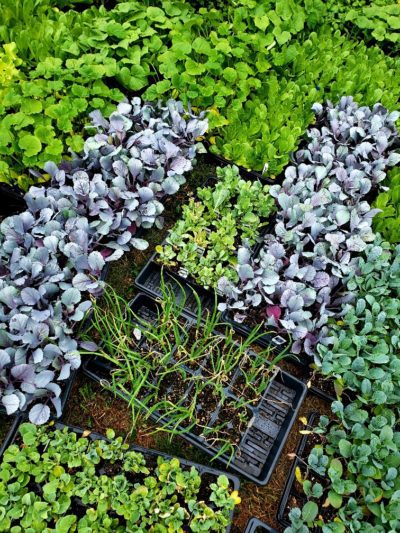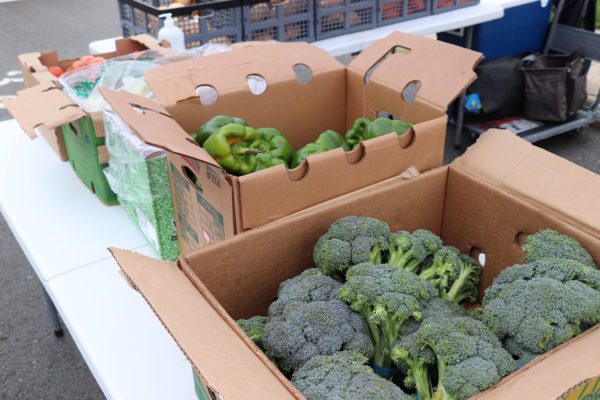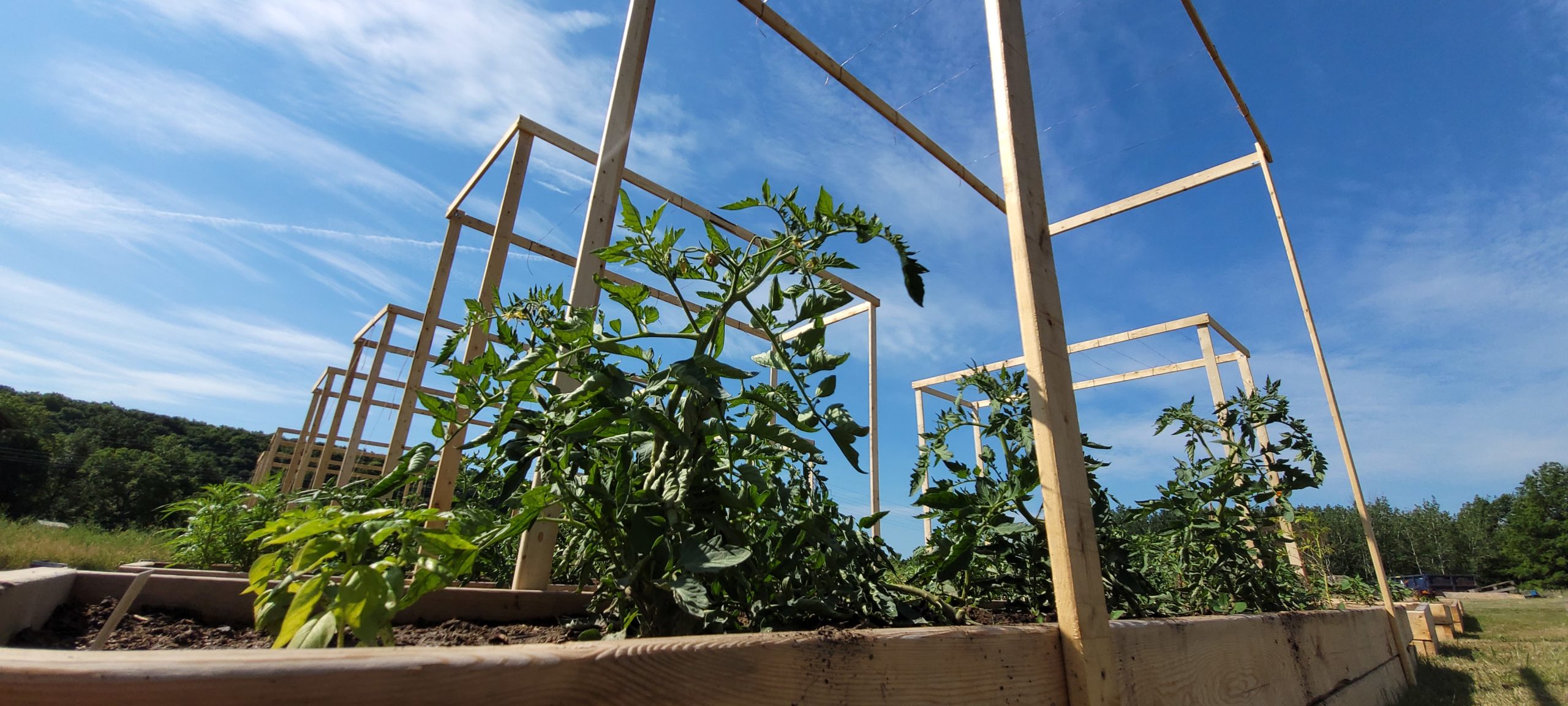At United Way Niagara, we continue to invest in special initiatives that build up our community and help lift vulnerable people out of poverty.
One of our newest community initiatives is the Niagara Community Garden Network (NCGN). Since the NGCN came under United Way two years ago, there has been a lot of growth. We have increased our capacity to provide support to existing community gardens and new community-led initiatives across the region.
Did you know that NCGN went from supporting 1,100 garden plots in 30 neighbourhoods to over 1,400 plots at 56 sites in the last year two years?!
United Way Niagara funds the coordination and support of the NCGN and has increased the resources available to community gardens that are part of the network. Community gardens are generally run by agencies or community groups. We facilitate this Network of garden coordinators, volunteers and gardeners to come together, learn from and support one another. Our Network includes community members, neighbourhood groups, nonprofit agencies, schools and childcare centres, public libraries and faith groups. Together we work to support our communities to grow healthy fresh vegetables, herbs, flowers and fruit.

The NCGN supports existing gardens by providing resources such as funding, tools, plants or seeds; as well as offering consultations, workshops, training, or helping create connections. The NCGN also works to develop more community growing initiatives by identifying new opportunities, developing partnerships, building leadership and helping increase available land for community use.
Community gardens have a long history, as far back as 2000 years ago in the United Kingdom. They became more common during the World Wars, then known as victory gardens, and have made a resurgence recently as one solution to food insecurity, as they provide valuable access to affordable healthy food.
Community gardens are beneficial for so many reasons. First and foremost, they increase access to fresh, healthy and affordable vegetables, fruits and herbs. Secure access to food is more important than ever as we continually see an increased cost of living. Families experiencing poverty are already struggling to make ends meet, which is directly linked to household food insecurity.
One of United Way’s priorities is addressing food insecurity in Niagara. Food programs receive the highest portion of our annual investments as the need is so high. Things like meal programs, low-cost produce markets, student nutrition, emergency food and community gardens fall into this category. Community gardens are one way of bridging a widening gap for families in need in our community, but that’s not all. Community gardens have other less visible benefits and contribute to the overall well-being of a community.
Community gardens can:
- help relieve stress and increase one’s well-being
- get people active, improving overall physical health
- provide social opportunities that build a sense of community and belonging
- give people an opportunity to learn and share knowledge on gardening and cooking
Community gardening is likely to have multiple impacts (direct and indirect) on the health and wellbeing of those participating. Beyond improving your physical well-being with healthy food and active planting, there is proof that gardening can promote improved mental health as well.
Families experiencing poverty are already struggling to make ends meet, which is directly linked to household food insecurity.
Gardening plays a role in reducing stress and promoting better mental health. Positive engagement in worthwhile activities, such as volunteering for community benefit, can promote a sense of value and achievement, factors which contribute to an enhanced sense of quality of life.
United Way believes that for everyone to experience equity and thrive in Niagara, there should be a greater emphasis on promoting better mental health. Positive engagement in worthwhile community activities, such as volunteering in a garden and connecting with your peers, can add a sense of value and achievement to your daily activities. People feel good when they are doing good, reducing stress and improving their overall well-being.

We are so proud of all the progress being made by NCGN. Did you know that in the last two years we went from supporting 1,100 garden plots in 30 neighbourhoods to over 1,400 plots at 56 sites? In the last year alone, we have helped fund and set up ten new community garden sites and brought an additional ten into the network. These existing gardens now have access to all the support offered by the NCGN, including learning tips and tricks from long-time gardeners and coordinators. We also encourage food sharing in our large network of community gardens, promoting excess produce grown to be shared where it’s needed most.
United Way and The Niagara Community Garden Network envision our communities as ones where everyone values and has access to affordable, healthy food. We are thrilled with the initial progress made through this community initiative and can’t wait to continue sharing our further successes with you. With a truly local and community approach, we can combat the issue of food security together.
Visit the NCGN website to learn more: niagaracommunitygardens.ca.






